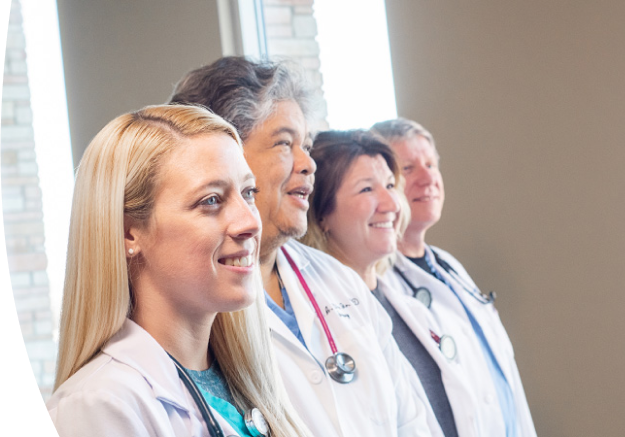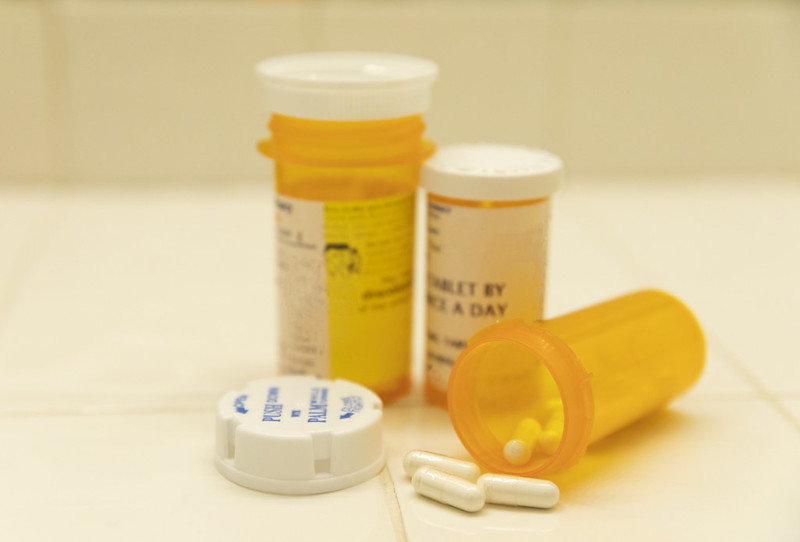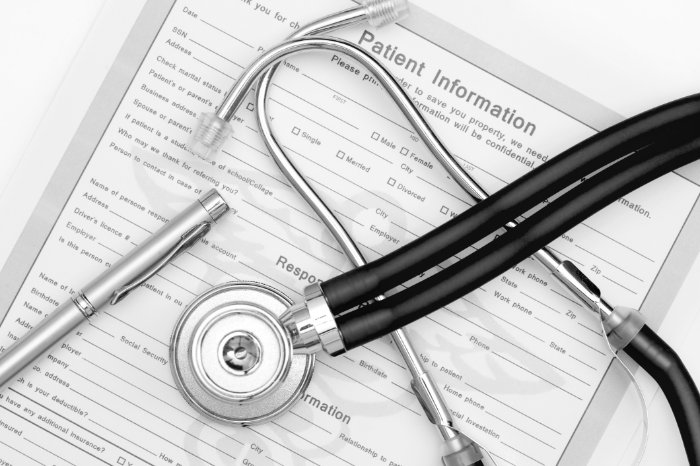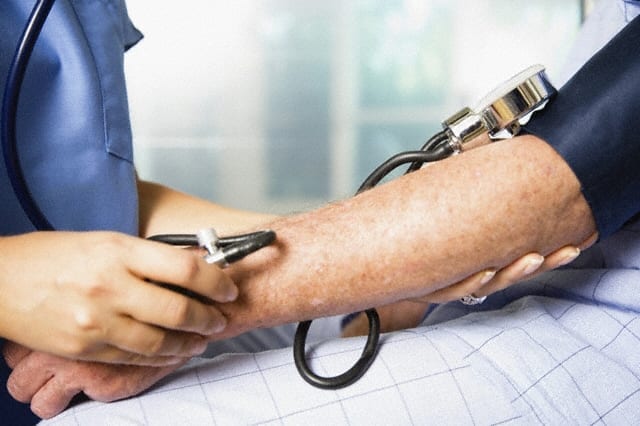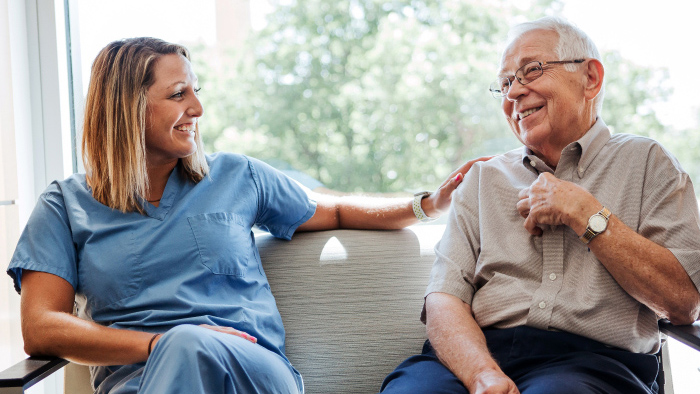If you are experiencing the symptoms of a heart attack, Dial Don’t Drive. Please call 911 and wait for help.
This year alone, 1.2 million Americans will suffer a cardiac emergency. Unfortunately, about one third of these patients will die before they reach the hospital for one critical reason – a delay in receiving crucial medical treatment.
WHEN CHEST PAIN OCCURS, BE SMART – ALWAYS DIAL, NEVER DRIVE.
Far too many heart attack patients drive themselves or have a family member drive them to the hospital. Thankfully, there is a way to help reduce these devastating statistics. “It’s About Time” is a program developed by the Chest Pain Network of the Prairie Heart Institute of Illinois (PHII), connecting hospitals and EMS agencies for the fastest and best care for chest pain patients. Always call 911 for medical help – never drive yourself – when heart attack warning symptoms occur.
When experiencing the signs of a heart attack, every second you save can mean the difference between irreversible heart damage or a treatable condition, and even life or death. By dialing 911 first, treatment begins the moment emergency responders arrive. EMS professionals and other first responders can:
- Assess your situation immediately
- Instantly forward your vitals and EKG information to any hospital within The PHII Chest Pain Network
- Administer treatment in the ambulance
- Ensure the hospital heart team will be waiting and ready for your arrival
- Effectively speed the time from heart attack symptom to treatment


